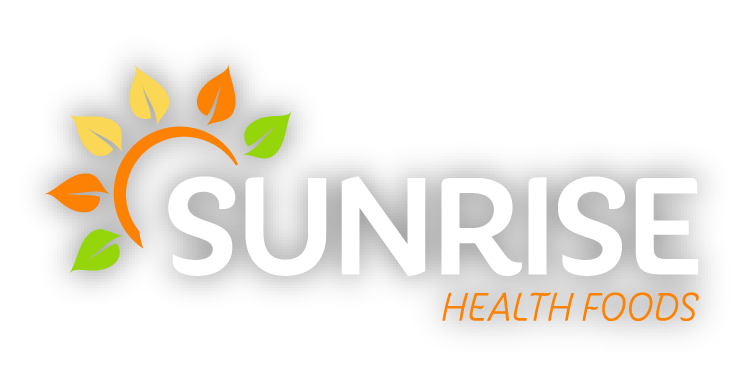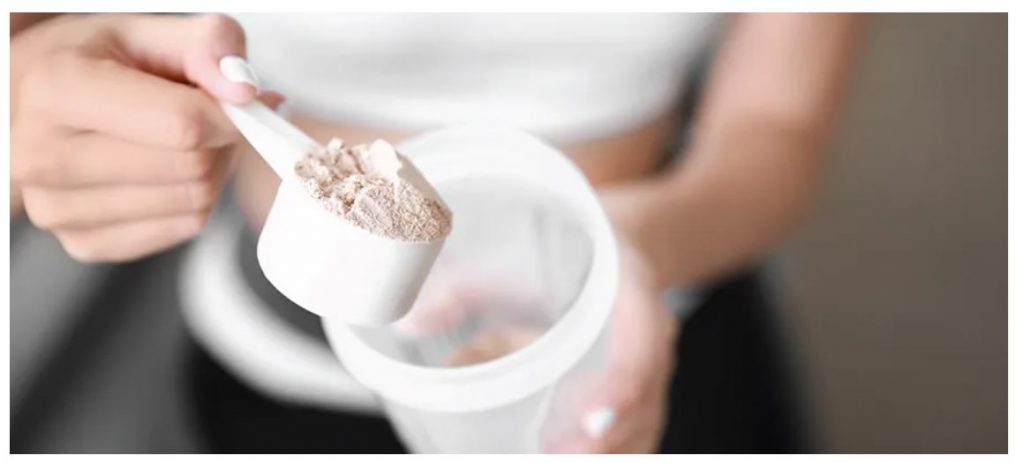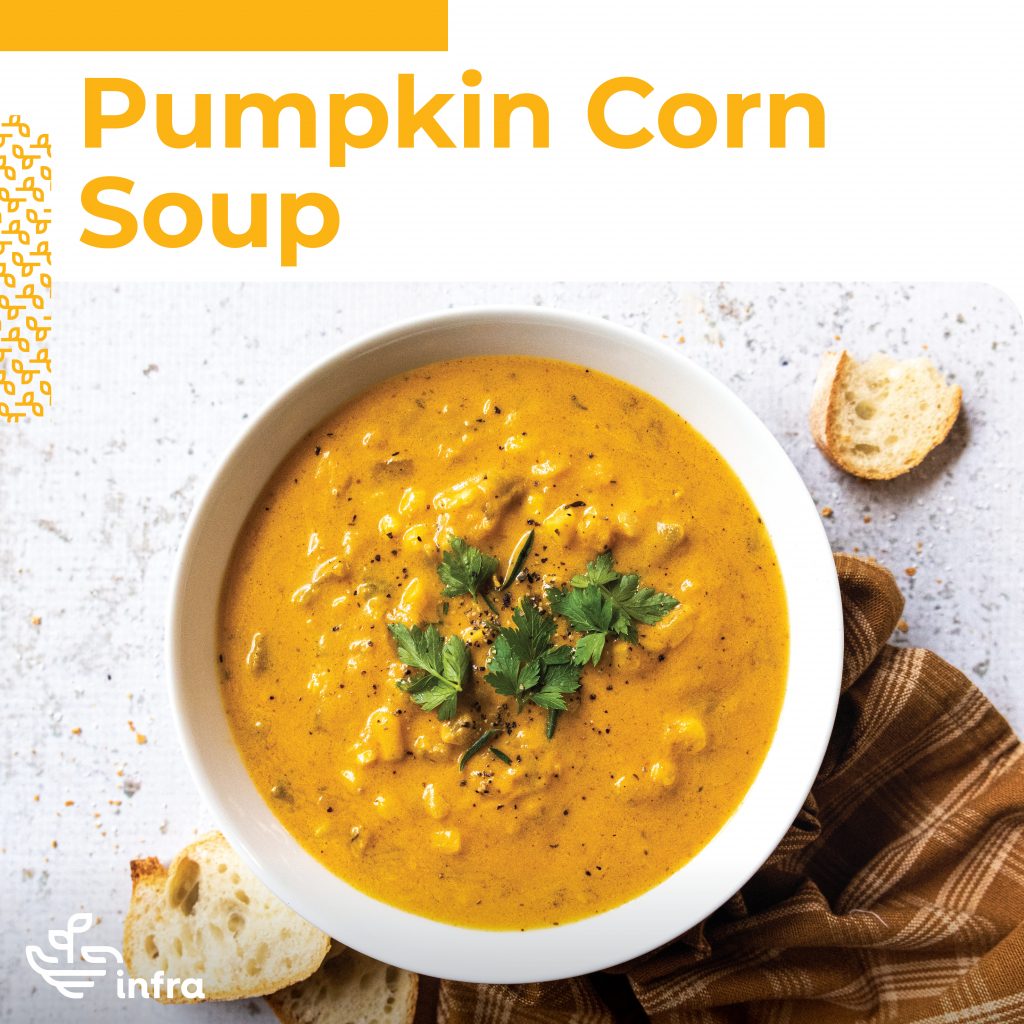
In a blood pressure (BP) study, doctors noted that previous studies showed quercetin cut risk for heart disease and stroke, but that there are no human studies on quercetin and BP. Researchers recruited 41 men and women, 19 with above-normal BP—average 137/86—and 22 with high BP—average 148/86 (normal BP is lower than 120/80)—who took 730 mg of quercetin per day, or a placebo, for 28 days. While BP did not change in those who had above-normal BP, BP decreased by an average of 7/5, to 141/81, in those who had high BP. There were no reported side effects.
In a high-cholesterol study, the authors noted that citrus flavonoids and vitamin E had cut cholesterol in preliminary animal studies, and wanted to test the theory on humans. Researchers recruited 140 men and women, aged 19 to 65, with high cholesterol—above 230 mg/dl—who took 270 mg of citrus flavonoids plus 30 mg vitamin E (tocotrienol) per day, or a placebo, for up to 12 weeks.
At the start of the study and at four, eight, and 12 weeks, participants fasted before scientists measured blood-plasma levels of “bad” cholesterol (low-density lipoprotein, or LDL), “good” cholesterol (high-density lipoprotein, or HDL), total cholesterol, and total fats. Compared to placebo, total cholesterol decreased by 20% to 30% and LDL cholesterol decreased by 19% to 27% in those who had taken flavonoids and vitamin E. HDL cholesterol did not change in a subgroup of 20 participants who stopped the study after four weeks, but those who continued for the full 12 weeks had a 4% increase in HDL compared to placebo, a result study authors said was not significant. However, a protein in HDL (apoliprotein A1) did increase significantly, by 5%, in this group, doctors said.
Reference: American Society for Nutrition Journal of Nutrition: November, 2007; No. 137, 2405-11.
All articles shared on our site are for the purpose of nutritional information only and should not be considered a substitute for professional medical advice.


